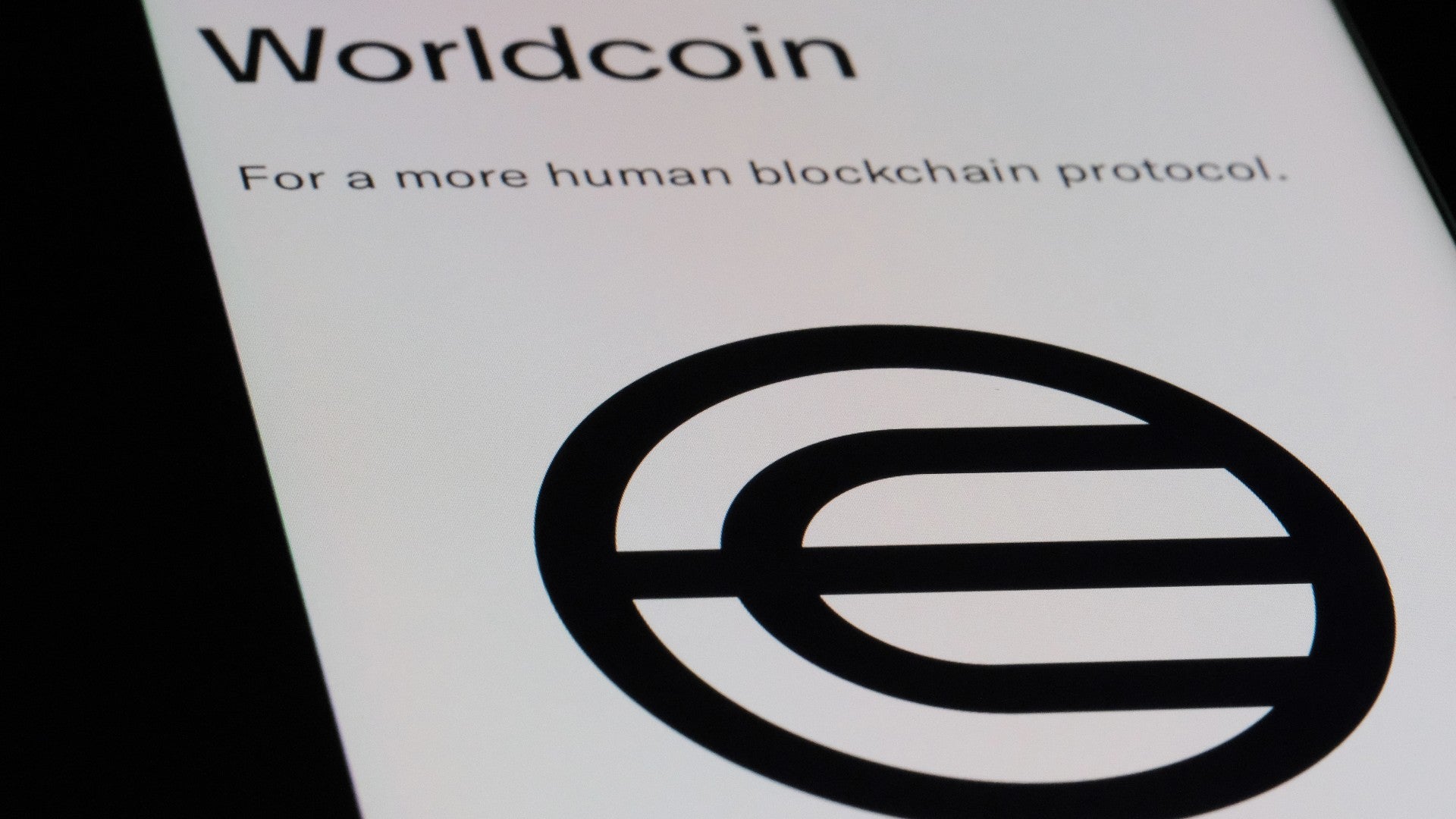
Worldcoin, the cryptocurrency-cum-biometric data-gathering exercise of OpenAI CEO Sam Altman, faces a further setback in Kenya after a parliamentary panel recommended the complete shutdown of the project in the country.
Worldcoin was launched in 2021 by Tools for Humanity (TfH), a company founded by Altman. TfH uses large spherical orbs to scan users’ eyeballs. They are then given some of its proprietary cryptocurrency, WLD. At the time of the launch the total value of users’ biometric data in Kenya was around 7,000 shillings (around $49).
Its operations were suspended in August of this year by the Kenyan government over privacy concerns centred on the payment for data aspect of the company, which it said might constitute inducement.
The new recommendation may be the end of the project in Kenya, particularly following comments that its actions “constituted acts of espionage and a threat to statehood.” These were made in the wake of revelations that TfH had only applied for registration as data controllers over a year after it began processing users’ biometrics.
Other countries have also challenged the company’s privacy protocols in recent months; Germany’s data watchdog suggested in July that the technology was “at first sight neither established nor well analysed for the specific core purpose of the processing in the field of transferring financial information.”
Worldcoin uses
In fact, the aims and functions of Worldcoin seem opaque even to its parent. A recent blog post offers five potential uses for the project, the most prominent of which is the potential to prove a user’s humanity through a code generated by the iris-scanning orbs. This ‘World ID’ is, apparently, unique, though it is also not linked to any other personal data, and is currently not used in any prominent ways.

US Tariffs are shifting - will you react or anticipate?
Don’t let policy changes catch you off guard. Stay proactive with real-time data and expert analysis.
By GlobalDataThe other main selling point is that holders of a World ID will receive regular payments of WLD, supposedly the precursor to an “AI-funded” universal basic income. It is unclear exactly how much WLD these grants entail, but five WLD are shown on the Worldcoin site as being worth around $8.5. The app on which the currency is received, World App, also offers trading of select cryptocurrencies, including Ethereum and Bitcoin.
The whitepaper on which Worldcoin is based also suggests the programme could make “sending money […] near instant and borderless, globally […] The world could be connected financially and everyone would be able to interact economically on the internet.” This idea, while noble, is hardly unique. Other lofty reinventions in the whitepaper include cooperatives, suggesting the coin could “induce a new wave of companies owned in part by its users.”
Private ID issues
One of the fundamental problems with Worldcoin seems to lie in its basic premise. People – and more importantly governments – are loathe to give up not only biometric data but what would amount by the company’s own admission to democratic sovereignty.
The whitepaper notes that existing IDs are “issued by states and national governments, with no global system for verification or accountability.” While this may be true, TfH proposes a solution that would move the identification of citizens from the public realm and into the private.
The crackdown on Worldcoin by the Kenyan government may be the first, but it follows a trend of crackdowns on cryptocurrencies across the world as governments reckon with the attempts by private companies to co-opt what are generally considered to be institutions of state. Alongside declining optimism for the technology this is a major factor in the general decrease in crypto interest in the financial services sector.
Our signals coverage is powered by GlobalData’s Thematic Engine, which tags millions of data items across six alternative datasets — patents, jobs, deals, company filings, social media mentions and news — to themes, sectors and companies. These signals enhance our predictive capabilities, helping us to identify the most disruptive threats across each of the sectors we cover and the companies best placed to succeed.






